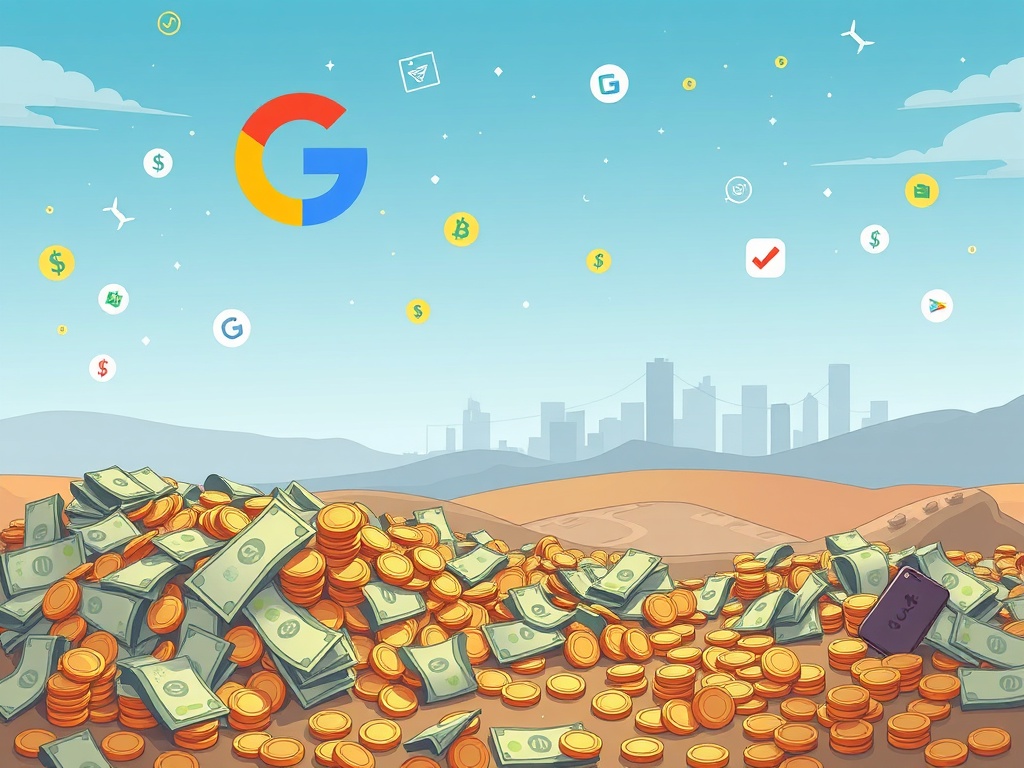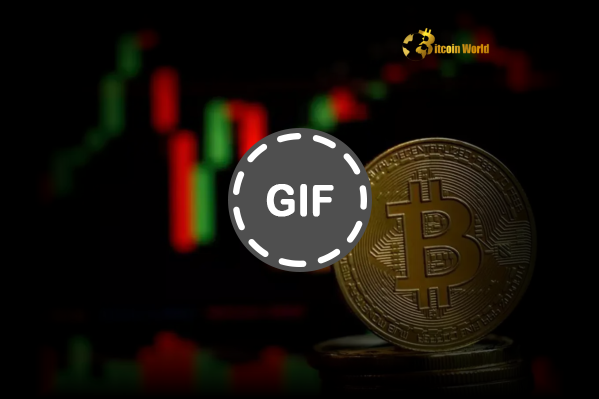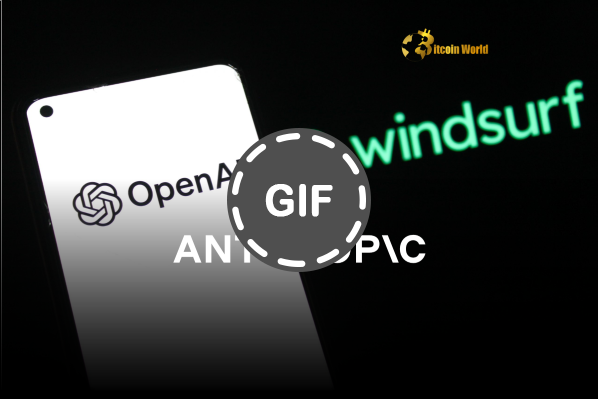BitcoinWorld

Unveiling the Unsettling Windsurf Google Deal: VC Payouts and Employee Compensation Controversies
In the dynamic world of tech and cryptocurrency, where deals often shape the future, the recent Windsurf Google Deal has sent ripples across Silicon Valley. While it secured a massive payout for venture capitalists and founders, it also ignited a contentious debate about employee equity and the ethical responsibilities of startup leadership. For anyone tracking the flow of capital and talent in the digital economy, this particular transaction offers a stark look at the varying outcomes within high-stakes tech acquisitions.
Understanding the Windsurf Google Deal’s Financial Structure
Weeks after Google’s significant $2.4 billion payment to Windsurf for technology licensing and talent acquisition, the intricacies of the deal’s financial distribution continue to be a hot topic. According to sources familiar with the arrangement, the payment was essentially divided into two equal halves. One portion, amounting to $1.2 billion, was allocated directly to Windsurf’s investors. The remaining $1.2 billion was designated for compensation packages for approximately 40 Windsurf employees who transitioned to the tech giant, with a substantial share of this sum going to the startup’s co-founders, Varun Mohan and Douglas Chen.
Lucrative VC Payouts: A Closer Look at Investor Returns
For the venture capital firms involved, including Greenoaks, Kleiner Perkins, and General Catalyst, the VC Payouts from the Google deal represented a significant win. Windsurf had cumulatively raised about $243 million, with its last valuation in 2024 reaching $1.25 billion. This means investors saw a total return of approximately four times their initial funding.
- Greenoaks Capital: As the lead investor in Windsurf’s seed and Series A rounds, holding a 20% stake, Greenoaks reportedly recouped about $500 million from its $65 million investment.
- Kleiner Perkins: Leading Windsurf’s Series B, Kleiner Perkins achieved returns of roughly three times its invested capital.
Despite these impressive figures, many investors had initially hoped for an even larger return, especially considering earlier discussions about a higher valuation and a potential acquisition by OpenAI. The deal, while financially sound for VCs, didn’t quite hit the grand slam some were aiming for.
The Unsettling Reality of Startup Employee Compensation
Perhaps the most contentious aspect of the Windsurf Google Deal is its impact on the majority of Windsurf’s employees. While founders and VCs celebrated substantial gains, a large portion of the approximately 250 employees did not benefit financially from the Google transaction. This contrasts sharply with typical acquisitions where employees receive payouts for their shares and often see accelerated vesting schedules.
Specifically:
- Employees hired within the last year did not receive a payout from the deal.
- Approximately 200 Windsurf employees who were not hired by Google found the deal particularly unsettling.
- Even some employees who were hired by Google, despite attractive salaries and benefits, reportedly had their stock grants revoked and vesting timelines restarted, requiring them to wait an additional four years for their full Google stock payout.
A major point of contention revolved around the $100 million-plus capital left with the remaining Windsurf entity. While some sources claim this was entirely funded by VCs reducing their payout, others suggest founders also contributed. Many believe this sum could have been used to pay out all remaining employees at the Google deal’s per-share valuation, though counterarguments suggested such a move would have crippled the company’s ability to operate post-deal, with key personnel and investors gone.
Navigating a Complex Tech Acquisition Strategy
Google’s approach to the Windsurf deal showcases a distinct Tech Acquisition Strategy. Instead of a traditional stock acquisition, Google opted to license Windsurf’s technology and strategically hire its key talent, including the CEO. This structure allowed Google to acquire critical IP and human capital without fully absorbing the company, a move that likely simplified legal and integration complexities.
This deal came to fruition after a prior, much-discussed acquisition by OpenAI for $3 billion reportedly unraveled. Google then swiftly stepped in with its unique structure, designed to offer investor returns and secure talent and IP without a full corporate takeover. The subsequent sale of Windsurf’s remaining entity to Cognition, which acquired its IP, product, and brought on all staff not hired by Google, provided a much-needed resolution for the left-behind employees. While exact terms weren’t disclosed, estimates suggest Cognition paid around $250 million, ensuring every employee financially gained from this secondary sale.
Ripples Across the Silicon Valley Startup Scene
The Windsurf saga has sent significant ripples across the Silicon Valley Startup Scene, sparking intense debate among founders, investors, and employees. The stark contrast in outcomes for different stakeholders has highlighted ethical considerations in high-stakes deals.
Prominent venture capitalists have openly criticized Windsurf’s co-founders for not adequately sharing the financial windfall with their entire team. Vinod Khosla, a well-known VC, publicly stated on X (formerly Twitter), "Windsurf and others are really bad examples of founders leaving their teams behind and not even sharing the proceeds with their team. I definitely would not work with their founders next time." This sentiment underscores a growing expectation for founders to prioritize the well-being of all employees who contribute to a company’s success, especially during lucrative exits.
The Windsurf deal serves as a cautionary tale and a catalyst for discussion on how future tech acquisitions might be structured to ensure more equitable outcomes for all involved. It highlights the importance of transparency and fairness in the startup ecosystem, particularly when significant wealth is generated.
As the tech landscape continues to evolve, understanding the nuances of such deals becomes crucial for founders, investors, and employees alike. The Windsurf case will undoubtedly be a reference point for future discussions on talent acquisition, intellectual property licensing, and the ethical responsibilities that accompany startup success.
To learn more about the latest AI market trends, explore our article on key developments shaping AI features.
This post Unveiling the Unsettling Windsurf Google Deal: VC Payouts and Employee Compensation Controversies first appeared on BitcoinWorld and is written by Editorial Team





